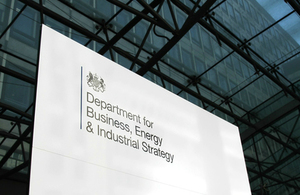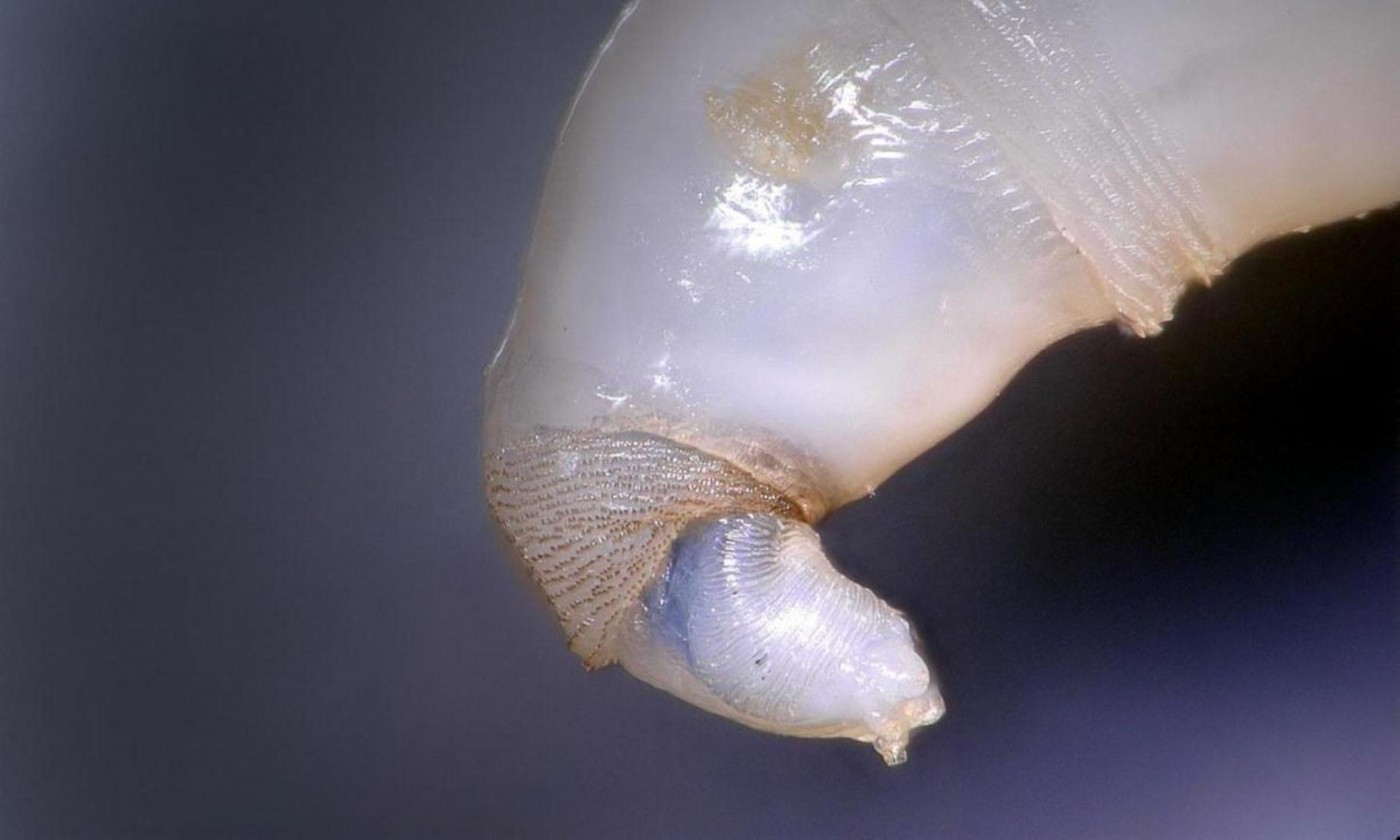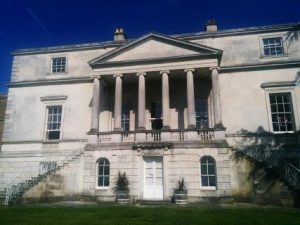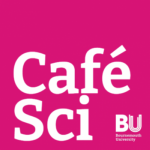MS is a chronic debilitating and progressive condition that affects the fatty tissue sheath surrounding nerves. Incomplete innervation due to loss of the myelin sheath is largely responsible for uncoordinated movements. Brain temperature fluctuations are also often seen in people with MS together with fatigue when carrying out mentally or physically demanding tasks. These are commonly associated with excessive yawning yet the cause of fatigue in MS is not well understood.
A recently completed study asked participants to produce saliva into a small tube so that their cortisol levels could be analysed. They were also asked to look at presentations that provoked a yawning response. Results revealed that all of the participants had elevated cortisol levels after yawning and that there was a marked difference in cortisol levels between the healthy participants and those with MS.

Yawning: Pynq Thompson aged 28 days
Thompson Cortisol Hypothesis (Ref.1) proposes threshold levels of cortisol trigger the yawn response which lowers brain temperature. Correlation between brain temperature and cortisol is to be further examined together with comparison between UK and Norwegian participants with MS since the incidence of MS is greater in Scandinavian countries (and Canada and Scotland) possibly due to vitamin D and K reduction with reduced sunlight.
Previous studies have examined electromyograph (EMG) activity during yawning and manipulation of conditions to provoke yawning (Refs. 2,3). Brain regions and cortisol activity has been identified in MS in an international study (Ref. 4); and a new understanding proposed of communication between the motor cortex and brain-stem (Ref.5).

Yawning EMG “envelope” of activity
A funding bid is being prepared to examine the feasibility of producing the early detection of MS and cortisol-insufficiency syndromes using observed yawning frequency and cortisol levels.
Simon B N Thompson is Associate Professor, Bournemouth University; Visiting Professor, Université Paris Ouest Nanterre La Défense, France. Member of International Scientific Council for Research into Multiple Sclerosis following presentation to French Ambassador, His Excellency Bernard Emié, French Embassy.
Acknowledgements
Thanks to all volunteers; Alister Coleman and Nicola Williams for assisting in data collection and analysis; Rod Slip, Group Co-ordinator and Kay Bundy, Fundraising Co-ordinator of the MS Society Osborne Centre for providing free facilities.
Note
The author would welcome interest in collaborating in writing bids for funding international work.
References
1. Thompson, S.B.N., 2011. Born to yawn? Cortisol linked to yawning: a new hypothesis. Medical Hypotheses, 77, 861-862.
2. Thompson, S.B.N., & Bishop, P., 2012. Born to yawn? Understanding yawning as a warning of the rise in cortisol levels: randomized trial. Interactive Journal of Medical Research, 1(2), e4, 1-9, doi: 10.2196/ijmr.2241.
3. Thompson, S.B.N., Frankham, C., & Bishop, P., 2014. The art of capturing a yawn using the science of nerve impulses and cortisol levels in a randomized controlled trial. Thompson Cortisol Hypothesis as a potential predictor of neurological impairment. International Journal of Arts & Sciences, 7(3), 529-543.
4. Thompson, S. B. N., Daly, S., Le Blanche, A., Adibi, M., Belkhiria, C., Driss, T., de Marco, G., 2016. fMRI randomized study of mental and motor task performance and cortisol levels to potentiate cortisol as a new diagnostic biomarker. Journal of Neurology & Neuroscience, 7(2); 92: 1-8.
5. Thompson, S.B.N., 2017. Hypothesis to explain yawning, cortisol rise, brain cooling and motor cortex involvement of involuntary arm movement in neurologically impaired patients. Journal of Neurology & Neuroscience, 8(1); 167: 1-5.

 Universities and Science Minister Jo Johnson today (4 July 2017) confirmed the government is investing £100 million to attract highly skilled researchers to the UK through its new Ernest Rutherford Fund.
Universities and Science Minister Jo Johnson today (4 July 2017) confirmed the government is investing £100 million to attract highly skilled researchers to the UK through its new Ernest Rutherford Fund.
 NERC, the Department for International Development, and the Economic & Social Research Council
NERC, the Department for International Development, and the Economic & Social Research Council  The Department for Business, Energy and Industrial Strategy has
The Department for Business, Energy and Industrial Strategy has 
 The Engineering and Physical Sciences Research Council (EPSRC) is welcoming applications for
The Engineering and Physical Sciences Research Council (EPSRC) is welcoming applications for 

 Every BU academic has a
Every BU academic has a 








 I had the pleasure of spending the last three weeks in the Department of Life Sciences (University of Roehampton), working with Dr Giulia Corona and Dr Volker Behrends. We successfully validated an ultra-high performance liquid chromatography coupled with triple quadrupole mass spectrometry (UPLC-MS/MS) method to analyse lipid peroxidation products (breakdown products of fats) in human urine samples.
I had the pleasure of spending the last three weeks in the Department of Life Sciences (University of Roehampton), working with Dr Giulia Corona and Dr Volker Behrends. We successfully validated an ultra-high performance liquid chromatography coupled with triple quadrupole mass spectrometry (UPLC-MS/MS) method to analyse lipid peroxidation products (breakdown products of fats) in human urine samples. hod had to be tested and validated, using adult urine samples.
hod had to be tested and validated, using adult urine samples. provided the standards used in this analysis. I am grateful that I had this opportunity to further develop my research skills and to learn a new state-of-the-art technique and would like to thank all involved for making this possible!
provided the standards used in this analysis. I am grateful that I had this opportunity to further develop my research skills and to learn a new state-of-the-art technique and would like to thank all involved for making this possible!

 esearch, (led by me, Dr Paul Hartley), was recognised at UK Kidney Week in Liverpool last week. We were invited to speak about our fruit fly model of human renal disease, work that has been variously supported by grants from the British Heart Foundation and Kidney Research UK. The conference was an excellent opportunity to showcase the model and highlight our current collaborations with consultant-scientists based at Great Ormond Street Children’s Hospital as well as a number of different groups at the University of Bristol, the University of Osnabruck in Germany, Harvard Children’s Hospital and the University of Edinburgh. The research work is based in Dorset House labs and is supported by a wide network of talented people within BU as well as our undergrad and post-grad students.
esearch, (led by me, Dr Paul Hartley), was recognised at UK Kidney Week in Liverpool last week. We were invited to speak about our fruit fly model of human renal disease, work that has been variously supported by grants from the British Heart Foundation and Kidney Research UK. The conference was an excellent opportunity to showcase the model and highlight our current collaborations with consultant-scientists based at Great Ormond Street Children’s Hospital as well as a number of different groups at the University of Bristol, the University of Osnabruck in Germany, Harvard Children’s Hospital and the University of Edinburgh. The research work is based in Dorset House labs and is supported by a wide network of talented people within BU as well as our undergrad and post-grad students.













 Café Scientifique Tuesday 4 June 2024 – How can we become more resilient in the face of multiple risks and hazards?
Café Scientifique Tuesday 4 June 2024 – How can we become more resilient in the face of multiple risks and hazards? MSCA Postdoctoral Fellowships 2024
MSCA Postdoctoral Fellowships 2024 Horizon Europe News – December 2023
Horizon Europe News – December 2023